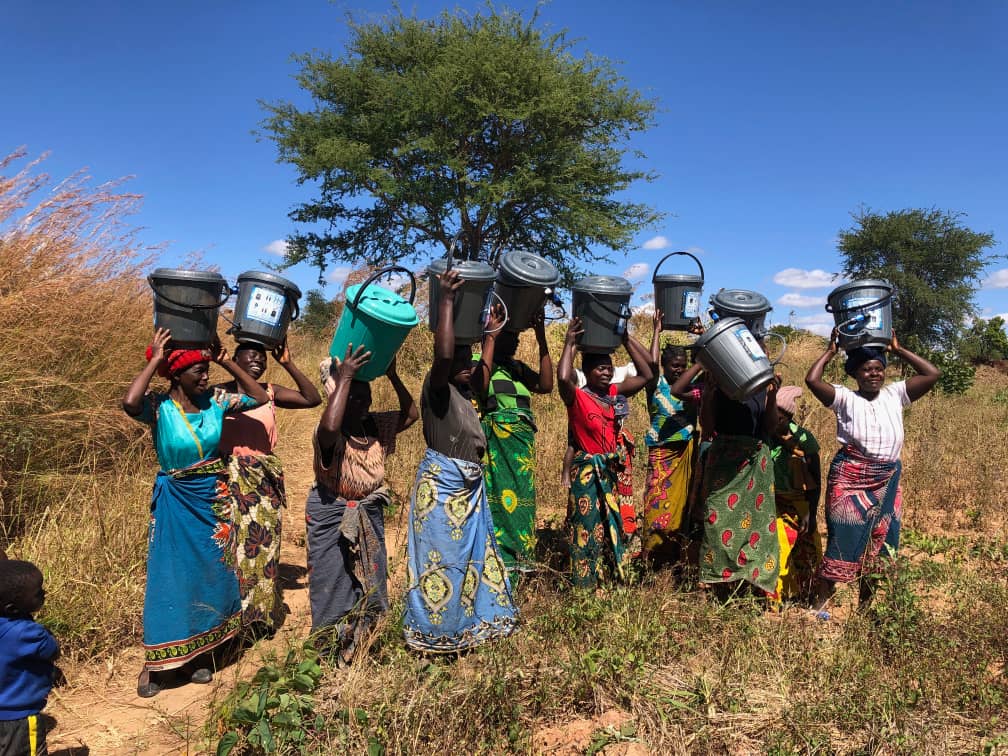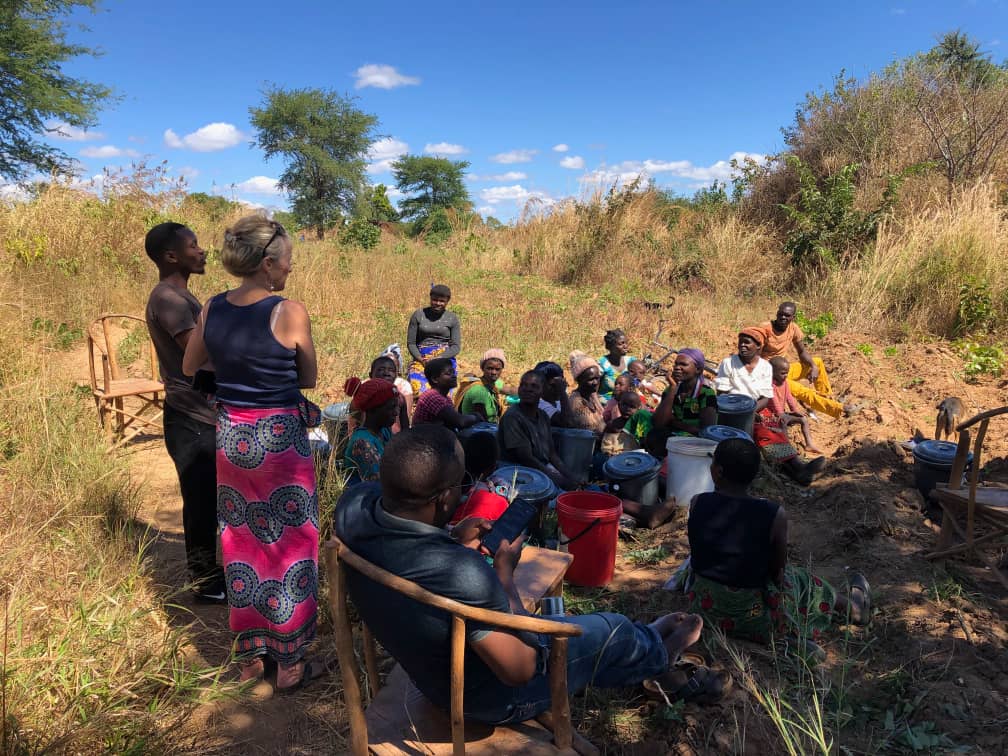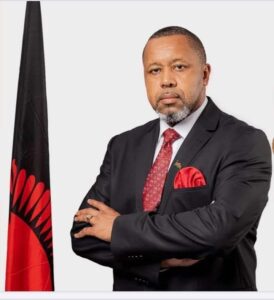RDP Water Filters Project Reduces Waterborne Infections

Since the introduction of the water filters distribution exercise in Chamahara, Chione and Mulera Ngulube villages in Mzimba district, Rural Development Partners (RDP) together with other partners in the health sector have registered a significant reduction of waterborne diseases, Mzimba North Director of Health and Social Services confirmed.
The reduction in waterborne infections comes as a time when there are reports that communities in some parts of the country mainly around game reserves are still drinking untreated water from unprotected sources together with wild animals hence being prone to bilharzia, diarrhea and other infections.
According to the RDP annual project report that has been made available to this publication indicates that the recent Cholera, diarrhea and other common waterborne outbreaks necessitated subsequent sanitation campaigns in areas around Luhomero which played a crucial role in stimulating the demand for water filters.

RDP’s Executive Director, Daniel Nyirenda said his organization went a step further in distributing over 50 water filters to households served by the Khuyukuyu Health Centre in an initiative that was aimed at reaching out to a larger population and provide clean drinking water to those in need.
“All the beneficiaries of these water filters willingly agreed to repay the K5000 loan after a period of 30 days which demonstrates their understanding about the importance of safe drinking water,” Nyirenda said.
One of the residents in Luhomero, Linda Jere observed that: “in recent years, the demand for water filters declined due to a number of factors such as a decrease in number of serious cases of waterborne diseases which might be attributed to increased access to portable water, increased ownership of water filters among households despite the apprehension regarding the K5000 payment”.
Nevertheless, following a number of media visits to Luhomero and surrounding areas established that some cholera outbreak hotspots registered a significant increase in the demand for water filters following the vulnerability status assessment of the community to waterborne diseases with emphasis on whether there is still an urgent need for improved water quality.
Moving forward, the project report recommend for continued efforts in promoting awareness and accessibility of water filters which plays a pivotal role in ensuring a healthier and more sustainable future for the residents in the RDP catchment area.
The recent Malawi Water and Sanitation Sector Performance report indicates that access to potable water in rural areas is very high pegged at 86 percent but being compromised by the fact that 40 percent of water points do not function.
According to Mzimba North Director of Health and Social Services, Prince Chirwa, the district registered 440 cholera cases since the first case in August last year, RDP stepped in to offer resources to fight the outbreak with financial assistance from Love a Village of Canada.




